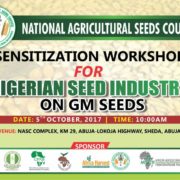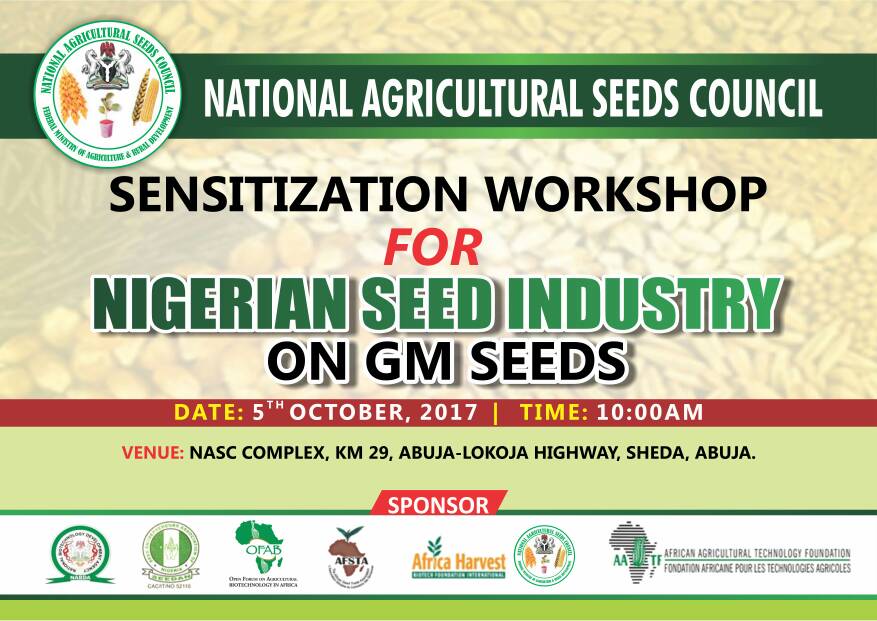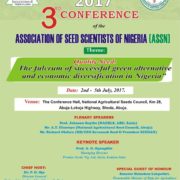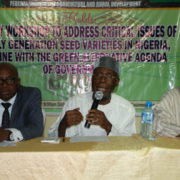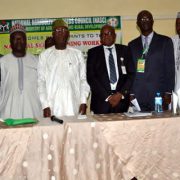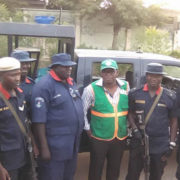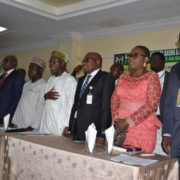National Agricultural Seeds Council inaugurates Seed Inspectors in Kano
The National Agricultural Seeds Council on Monday in Kano inaugurated seed inspectors to rid and sanitise the seed industry of fake and adulterated products.
The Director-General of NASC, Dr. Phillip Olusegun Ojo, who inaugurated the inspectors urged them to arrest and prosecute anybody or organisations that contravened any of the subsisting laws.
Ojo said the inspectors would help in sanitising the industry and carrying out regular sensitisation of stakeholders to reposition the industry.
He said the council had directed its seed law enforcement officers nationwide to commence full scale surveillance and enforcement of the provisions of the seed act.
Anyone, organisation or agency who engages in any seed related activity without proper recourse to the act will be arrested and made to face the full wrath of the law.
It is expected that the inspectors will bring the required sanity to the seed industry and make quality seeds and seedlings available to the teeming farmers that will translate it into higher yields and income, he said.
He said six inspectors were selected from each of the six zones of the country to head the monitoring groups.
On his part, the Minister of Agriculture, Chief Audu Ogbeh, said quality seed was paramount to enhancing agricultural productivity, adding that it contributed more than 50 per cent of increased crop productivity per unit area.
This government through seed council has over the years engaged in regulating the activities of seed producing entities aimed at ensuring that enough quantities of improved quality seeds are available for farmers use, he said.
Ogbeh said the seed inspectorate unit would help in repositioning the country’s seed industry.
He however, warned fake and adulterated seed dealers that it was no longer business as usual.
According to him, the authority will not hesitate to deal with those who continue to sabotage the efforts of government toward food security.
The Minister also warned henceforth that the federal government would arrest and prosecute owners of companies that sell fake and sub-standard seeds to farmers.


